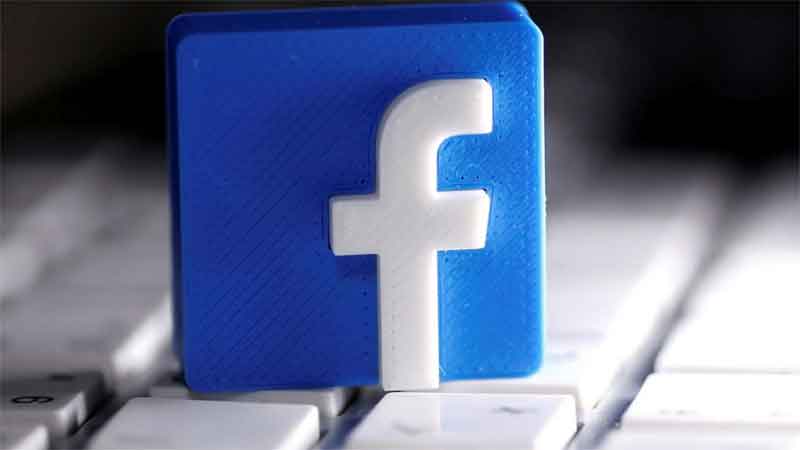Understanding the EU Facebook Account: Navigating the Intersection of Social Media and European Union Regulations
Introduction:
The term \"FB EU account\" refers to a Facebook account that is specifically tailored to comply with the regulations and standards set forth by the European Union (EU). With the increasing globalization of social media platforms and the diverse range of users they cater to, it has become crucial for companies like Facebook to adhere to the EU\'s stringent data protection and privacy laws. This article delves into what a FB EU account entails, its significance, and the implications it has on both users and the social media giant itself.
Understanding the FB EU Account:
A FB EU account is designed to ensure that all data processed by Facebook within the EU adheres to the General Data Protection Regulation (GDPR), which came into effect on May 25, 2018. The GDPR is a comprehensive data protection law that regulates the processing of personal data of individuals within the EU and the export of such data outside the EU.
Key aspects of a FB EU account include:
Compliance with GDPR: The account must ensure that all personal data is processed lawfully, transparently, and for specific purposes, with the consent of the data subject.
Data Protection Officer (DPO): A DPO must be appointed to oversee compliance with the GDPR and to act as a point of contact for data subjects and supervisory authorities.
Data Subject Rights: The account must provide users with the right to access, rectify, delete, and restrict the processing of their personal data, as well as the right to object to its processing and the right to data portability.
Data Breach Notification: The account must notify data subjects and supervisory authorities of any data breaches within 72 hours of becoming aware of them.
Significance of the FB EU Account:
The introduction of the FB EU account is of paramount importance for several reasons:
Consumer Trust: By adhering to the GDPR, Facebook can rebuild consumer trust in the platform, which has been tarnished by numerous data breaches and privacy concerns.

Legal Compliance: Ensuring compliance with the GDPR is not only a legal requirement but also a moral one, as it protects the personal data of millions of EU citizens.
Market Expansion: By addressing the concerns of EU regulators, Facebook can continue to expand its user base within the EU, which is a significant market for the company.
Global Standard: The GDPR sets a global standard for data protection, and by complying with it, Facebook can serve as a model for other social media platforms worldwide.
Implications for Facebook:
The implementation of the FB EU account has several implications for Facebook:
buy facebook business managerIncreased Costs: Complying with the GDPR requires significant investment in technology, personnel, and legal advice, which can lead to increased costs for the company.
Operational Changes: Facebook must modify its data processing practices to align with the GDPR, which may involve changes to its algorithms and data storage systems.
Increased Scrutiny: As a result of the GDPR, Facebook is subject to greater scrutiny from regulators and the public, which can lead to increased accountability.
Market Opportunities: By addressing the concerns of EU regulators, Facebook can tap into new markets and potentially gain a competitive edge over other social media platforms.
Impact on Users:
The FB EU account has a direct impact on users within the EU:
Enhanced Privacy: Users can expect greater control over their personal data, with clearer explanations of how their information is used and shared.
Improved Transparency: Facebook must provide more transparent information about its data processing activities, making it easier for users to understand and manage their privacy settings.
Increased Security: The GDPR requires Facebook to implement robust security measures to protect user data, reducing the risk of data breaches.
Access to Rights: Users have the right to request access to their personal data, request corrections, and even have their data deleted, providing them with greater control over their online presence.
Conclusion:
The FB EU account is a critical development in the realm of social media and data protection. By adhering to the GDPR, Facebook not only complies with the law but also enhances the privacy and security of its users within the EU. As the world becomes increasingly interconnected, the standards set by the EU may serve as a blueprint for data protection laws in other regions, ensuring that personal data is handled responsibly and with respect for individual rights.
Keywords:
FB EU account, Facebook, GDPR, data protection, privacy, social media, data breach, data subject rights, data processing, DPO, compliance, consumer trust, market expansion, global standard, increased costs, operational changes, increased scrutiny, market opportunities, enhanced privacy, improved transparency, increased security.
